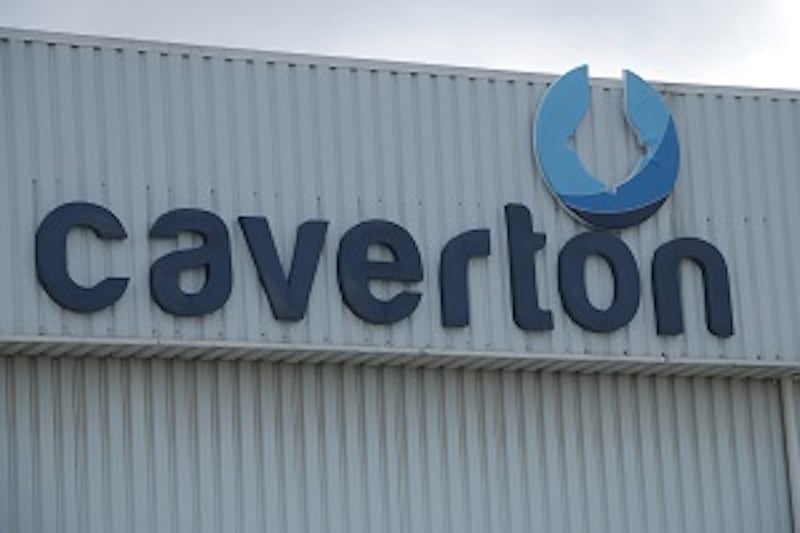Renewed investor confidence, driven by macroeconomic stability and strong consumer demand, have triggered an unprecedented surge in the consumer goods index as the sector delivered nearly 100 per cent year-to-date (YTD) gain.
The index has emerged as the best performing so far in the year, posting a return of 96.4 per cent for the first time in several years.
Data from the Nigerian Exchange (NGX) revealed that the consumer goods index has outpaced six other major indices, including the all-share index (ASI), industrial goods, oil and gas, insurance, banking and the ASeM indices.
This marks a significant turnaround from previous years when the index was the worst-performing.
For instance, at the end of the 2021 financial year, the index emerged as the worst performing, returning paltry 2.8 per cent to investors. In 2022, it posted a -0.06 per cent.
In 2024, when the ASI posted a 37.65 percent return, the consumer index returned 54 per cent, ranking behind oil and gas’s 160 per cent and insurance index’s 123 per cent.
As of the close of trading yesterday, the consumer goods index had surged by 96.42 per cent year-to-date, outperforming the ASI, which gained 37.5 per cent.
Other indices lagged, with the industrial index recording 42.15 per cent, insurance achieving 68.91 per cent, banking gaining 40.77 per cent, while ASeM and oil and gas recorded -2.88 per cent and -4.68 per cent.
The sector, aided by macroeconomic stabilisation policies and improving company fundamentals, is staging a comeback, creating substantial value for investors who held positions or entered early in 2025.
Driving this impressive rally are several heavyweights in the consumer goods space, each contributing significantly to the index’s unprecedented rise.
For instance, Nestlé Nigeria Plc, one of the most capitalised stocks in the index, delivered a spectacular price rally, rising from N875 per share in January to over N1,590.50 by mid-year, amounting to a gain of more than 80 per cent. Nestlé’s rebound came on the back of a major turnaround in its financials, swinging from earlier losses to post a N51.15 billion profit before tax in Q1 2025.
Consequently, the firm also recorded a pre-tax profit of N88.4 billion in the first half of 2025, in stark contrast to the N252.5 billion pre-tax loss it recorded during the same period in 2024. Investors responded swiftly, interpreting the numbers as a sign of stabilizing operations and improved FX cost control.
Another star performer has been Honeywell Flour Mills Plc, whose share price multiplied over threefold, from around N6.30 to over N21 in the same period, delivering an eye-popping 233 per cent YTD gain.
In the first nine months of the 2025 financial year, which ended in March 2025 for the company, it reported a pre-tax profit of N12.28 billion, a sharp reversal from the N8.83 billion loss in the same period the prior year.
Other notable gainers include International Breweries Plc, which climbed over 167 per cent by mid-2025, rebounding from pandemic-era demand slumps and currency-related cost pressures that had weighed down its performance for several years.
The firm staged a strong comeback in Q2 2025, posting a pretax profit of N26.4 billion, a sharp turnaround from the N61.8 billion loss recorded in the same period last year.
This recovery pushed its half-year profit to N61.5 billion, compared to a loss of N150.2 billion in the first half of 2024.
For Vitafoam Nigeria, the company for the nine months ended 30 June 2025 achieved revenue of N84.87 billion, a substantial increase compared to N60.49 billion in the same period of the previous year.
Profit for the period amounted to N9.37 billion, a significant turnaround from a loss of N2.88 billion in the prior year.
Northern Nigeria Flour Mills (NNFM) also significantly contributed to the sector’s strength, posting triple-digit gains as it capitalized on increased demand for locally produced staples amid high import costs. For the financial year ended 31 March 2025, the company reported a pre-tax profit of N2.8 billion.
This reflects a 25.16 per cent increase from the N2.3 billion recorded in the previous year, while its revenue for the year rose to N35.3 billion, marking a 36.38 per cent increase from the N25.9 billion posted in 2024.
President of Independence Shareholders Association, Moses Igbrude, said this broad-based rally is underpinned by more than just technical momentum or speculations.
He pointed out that the rally is driven by fundamental shifts in earnings, margins, and macroeconomic sentiment.
Igbrude said a key factor has been the relative stabilisation of the naira following the Central Bank of Nigeria’s (CBN) renewed FX management reforms and the unification of exchange rates.
According to him, the changes have allowed consumer goods companies, many of which depend on imported raw materials, to better plan and manage costs.
He added that with inflation showing signs of moderating and consumer demand remaining resilient for essential goods, companies in this sector have managed to pass on price increases without losing significant market share.






